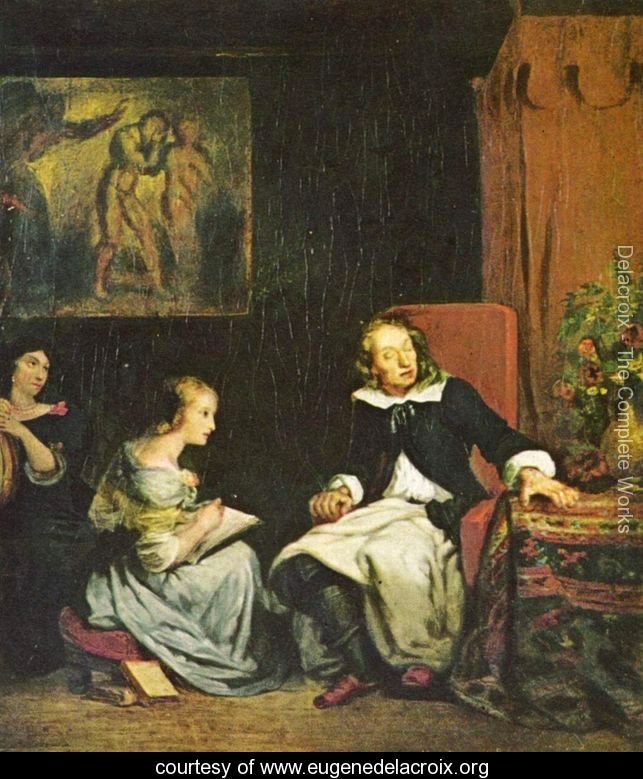1667
John Milton sells Paradise Lost
John Milton (1608-74) was one of the greatest of English poets and controversialists, writing at a time of social upheaval and Civil War. Born into a prosperous family of the middle-class, Milton had an excellent education, both at Cambridge, through his voluminous readings, and in his European travels. His poetic career began early and while still at university he was writing works that have endured, such as “On the Morning of Christ’s Nativity” and his epitaph for Shakespeare.
In the late 1630s England was drifting toward civil war, a country divided by religious differences and quarrels over the powers of monarchy and parliament. Milton found himself on the side of Puritanism and political liberty. He attacked the role of bishops in the Church of England, advocated divorce and wrote a classic defence of free speech in his 1644 tract Areopagitica. After the triumph of parliamentary armies and the execution of King Charles I, Milton wrote The Tenure of Kings and Magistrates, defending popular power and regicide. The Puritan government made him “Secretary for Foreign Tongues”, responsible for disseminating propaganda favourable to the new regime. He kept up his radical political tracts even after the Restoration of the monarchy in 1660 which brought him briefly to jail for having been such a firm supporter of the English republic.
By 1658 Milton was going blind but this did not step him from composing poetry, which he would dictate to a scribe (as depicted above by Eugene Delacroix). In his blindness Milton’s greatest work was the epic Paradise Lost, a description of the rebellion of Lucifer and the Fall of Man in the Garden of Eden. In over 10,000 lines of blank verse he fulfills the promise made in the opening lines: “Of Mans First Disobedience, and the Fruit/Of that Forbidden Tree, whose mortal taste/Brought Death into the World, and all our woe,/With loss of Eden, till one greater Man/Restore us, and regain the blissful Seat. . .” It is a profound meditation on the allure of evil (many critics have said that the real hero of the poem is Lucifer), the dilemma of free will and the grace of God. In 1667 Milton sold the poem to a publisher for £5 with a further £5 to be paid if the print runs sold out.
